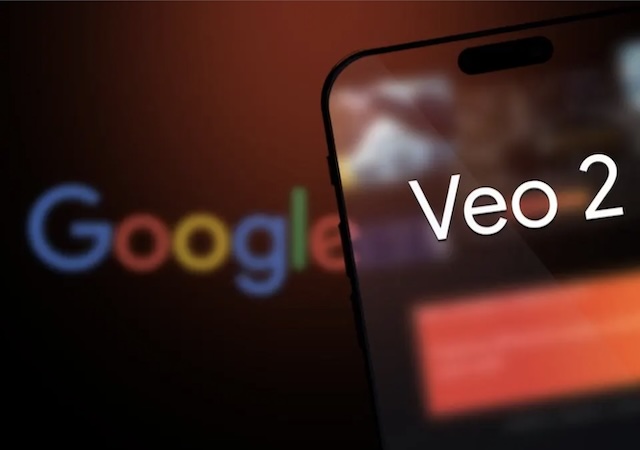December 21st, 2024
AI Google Machine Learning
In the ever-evolving landscape of machine learning and artificial intelligence, Google has consistently positioned itself at the forefront of innovation. The introduction of Google Veo 2 marks a significant milestone in their endeavors to optimize and expand AI capabilities. Building upon the foundation of its predecessor, Google Veo, this new iteration comes with enhanced features, improved efficiency, and broader applications. In this article, we explore the advancements and potential impacts of Google Veo 2.
What is Google Veo 2?
Google Veo 2 is an advanced machine learning platform designed to provide developers and businesses with robust tools for building, deploying, and scaling AI applications. It synthesizes a wide array of tools available in Google's AI ecosystem, making them more accessible and integrated for users at all levels.
Enhanced Computational Power
Google Veo 2 utilizes Google's state-of-the-art TPUs (Tensor Processing Units), which significantly improve the computational power available for processing complex machine learning models. This ensures faster training times and more efficient processing of data-intensive tasks.
Improved User Interface
With a focus on user experience, Google Veo 2 offers an intuitive interface that caters to both advanced developers and those new to machine learning. The streamlined dashboard provides easier navigation, making model training, testing, and deployment more accessible.
Advanced Model Training and Deployment
The platform offers pre-trained models, which can save significant time for developers. Additionally, Google Veo 2 supports a variety of deployment options, making it adaptable to cloud environments, on-premises setups, and edge devices.
Increased Flexibility with Open Source Integration
Google Veo 2 seamlessly integrates with popular open-source frameworks such as TensorFlow, PyTorch, and others. This open architecture allows for flexibility, encouraging innovation and collaboration within the broader AI community.
AI Ethics and Fairness Tools
Recognizing the growing importance of ethical AI, Google Veo 2 includes tools designed to help developers check their models for bias and ensure that AI systems are fair and transparent. This feature aligns with Google's commitment to responsible AI development.
Impact on the Industry
The introduction of Google Veo 2 represents a strategic effort to democratize AI, making it more accessible and useful across different industries. Whether in healthcare, where AI can predict patient outcomes, or in finance, where it can improve fraud detection mechanisms, Google Veo 2’s enhanced capabilities promise to accelerate adoption and drive innovation.
Businesses can leverage the platform's increased efficiency to reduce costs and improve the time-to-market for AI solutions. Meanwhile, educational institutions and research organizations can utilize Google Veo 2 to train the next generation of AI professionals, ensuring that students have access to cutting-edge technology.
Conclusion
Google Veo 2 is a reflection of Google’s commitment to pushing the boundaries of what is possible with AI technology. With improved processing power, a user-friendly interface, and tools for ethical AI development, it sets a new standard for machine learning platforms. As global demand for AI integration across various sectors continues to grow, Google Veo 2 is poised to be a crucial tool in the toolkit of developers and businesses aiming to harness the full potential of artificial intelligence.